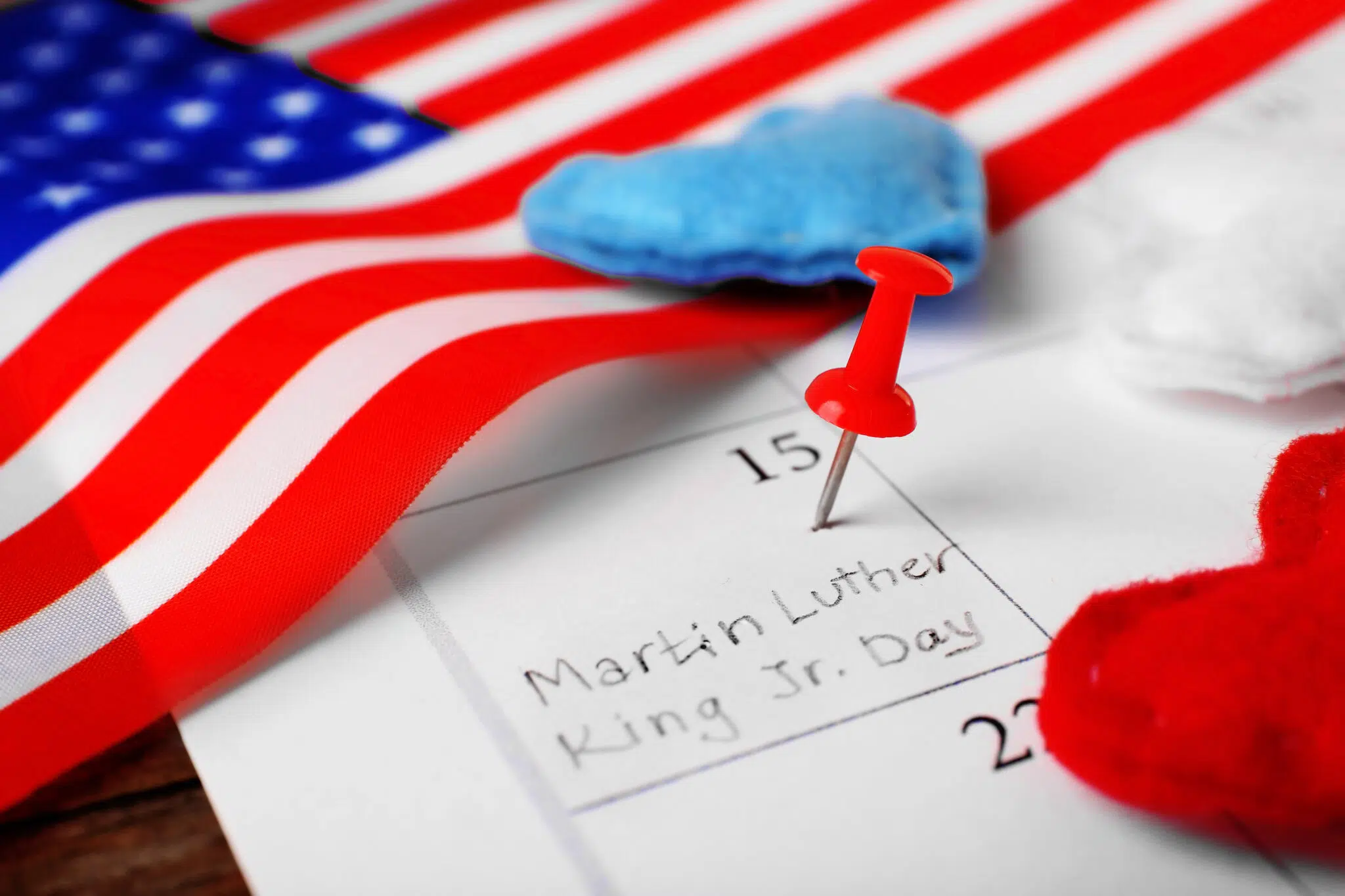Tips for Co-Parenting After a High-Conflict Divorce in King County
Coping with the ending of a marriage or long-term partnership is understandably difficult. Whether only one spouse wants to end the marriage or both parties agree that seeking a divorce is the best path forward, it’s common to experience a wide range of intense emotions during this turbulent time. While some divorces proceed relatively smoothly, others can become highly contentious and prevent the parties from working collaboratively to establish the terms of the divorce. In particularly high-conflict divorces, the parties may need to take the case to litigation so that the judge can determine an outcome that is fair and equitable for both parties. Parents who are navigating high-conflict separations can be especially concerned during this intense process, as they worry about protecting the best interests of their children while engaging in heated arguments and disputes with their soon-to-be ex-spouse. Moreover, once the divorce is finalized, the two parties will still need to communicate with one another as co-parents of their children. This prospect can seem daunting, particularly in the midst of tense and contentious divorce proceedings in Washington state.
Although the thought of ever interacting respectfully with your former spouse may seem impossible right now, it’s important to recognize that there are communication strategies that can help to facilitate a successful co-parenting relationship after the marriage ends. By taking the time to set shared goals, define expectations, and focus on protecting your child’s best interests, co-parenting after a high-conflict divorce in King County is possible. As you move through the divorce process with a dedicated and caring Seattle divorce and family law attorney by your side, you can start to lay a solid foundation for handling disagreements in co-parenting situations and maintaining consistency for kids after divorce. Let’s take a look at some tips for navigating high-conflict custody in King County and establishing a consistent and effective co-parenting dynamic after your divorce.
Fostering Effective Communication for Co-Parents in Washington State
Regardless of how you feel about your ex-spouse, you both play crucial roles in your child’s life. It can be challenging to put your animosity aside to focus on developing a parenting plan that involves discussions about with whom the child will reside and for how long, how education or health care decisions will be made, and other important parenting matters. As you approach these potentially contentious conversations, it can be helpful to identify some strategies for improving open and respectful communication with your child’s other parent. Below are just a few tips for minimizing contentious disputes about parenting time and keeping your child’s best interests as the top priority.
Practice Active Listening
One of the biggest impediments to productive co-parent communication is refusing to listen to the other parent to understand what they are truly trying to say. It’s common for contentious spouses to act defensively (and even aggressively) during the divorce process, as they are advocating for their individual best interests by listing the reasons why they “deserve” a particular outcome more than the other party does. When we act defensively, we often fail to listen to what the other person is saying. Instead, the narrative we’ve created about the other person’s agenda makes us assume that the words they say support our perception of them. However, by engaging in active listening techniques, such as reflective listening (i.e., repeating back what the other person has said to confirm your understanding), validation (i.e., acknowledging the other party’s feelings and views, even if you don’t agree with them), and showing some degree of empathy toward your child’s other parent, you can ease some of the obstacles that can challenge communication during these critical conversations and negotiations.
Creating Boundaries After a Contentious Divorce
As parents sharing custody after a divorce, you will still need to communicate with each other about the parenting plan, such as discussing the logistics of your child’s schedule, determining how to make decisions about your child’s after-school activities, or deciding how your child’s orthodontic treatment will be paid. To reduce potential conflict as much as possible, it’s useful to create clear boundaries so that both parents understand what behaviors are acceptable in this post-divorce dynamic. For example, you may clarify that all communication should take place via text or phone and not on social media. You may also state that one parent must notify the other parent before showing up at their home or place of work. When you take the time to set clear boundaries, you can feel more secure about your defined roles and know what to expect when communicating with the other parent.

Avoid Confrontation and Engage in Problem-Solving
Emotions can run high during the divorce process, especially when it comes to discussions about child custody or child support. If one parent is prone to significant outbursts, it’s essential to develop strategies for minimizing these events and seeking more productive ways of working through emotional disagreements. Many divorcing couples find that working with a therapist helps them work through the more challenging aspects of the separation process. Finding a therapist who specializes in co-parenting matters can be a supportive resource that provides you with coping strategies and communication skills in order to minimize contentious disputes and unproductive arguments.
Creating a Child-Focused Parenting Plan in King County
When parents separate in Washington state, they create a parenting plan that addresses important issues like which parent the child will live with for the majority of the time, how much time the child will spend with each parent, how major decisions about this child will be made, and how the parents will work out major disagreements if they arise. Whether the parents are able to work together to establish a parenting plan for the court’s approval or a judge needs to step in to oversee this process, the parenting plan must prioritize the child’s best interests. Generally speaking, Washington believes that children benefit from having the opportunity to develop strong relationships with each parent, and the terms of the parenting plan will typically reflect and support this endeavor. Unless there are legitimate reasons why a parent may not be fit to care for a child (i.e., history of domestic abuse, substance misuse, etc.), the parenting plan will usually provide each parent opportunities to care for or spend time with the child. If you are concerned that your ex will not be able to provide a safe living environment for your child, or if you are worried that your vindictive ex may make false allegations against you in order to leverage a more favorable child custody arrangement, it’s essential that you discuss your concerns with a highly qualified and experienced Seattle family law attorney as soon as possible.
Seeking Professional Support When You Need It
Understandably, the divorce process is often a stressful and overwhelming event during an already challenging time in your life. In addition to sorting through your complicated feelings of grief, anger, and sadness over the failure of your marriage, you are also supposed to make crucial decisions about your finances, assets, and children. If you feel intimidated and alone during this stressful time, it’s important to explore your options for securing the support and guidance you need to move forward. There are many professional services available to residents in the greater Seattle area and throughout King County, including mediators, mental health counselors, and legal professionals. At the Hemmat Law Group, we are committed to serving our clients in the most meaningful and impactful way. We have a dedicated team of legally specialized mental health strategies and life coaches who are ready to assist you with the holistic support and guidance you need during this overwhelming and daunting time. We believe in empowering our clients to make informed decisions about their futures so that they can move forward with greater confidence and optimism.

Frequently Asked Questions (FAQs) About Co-Parenting After Divorce in Washington State
As you move through the divorce process in King County, Washington, it’s natural for a wide range of questions to arise. Below are just a few of the most frequently asked questions (FAQs) about co-parenting after a contentious divorce. If you have additional questions, we encourage you to contact our office for the customized information you need.
Can Co-Parenting Work Without Direct Communication?
As much as the idea of communicating with your ex may seem impossible, there are strategies you can use to improve your communication and minimize disputes as much as possible. Creating clear boundaries, defining expectations, and focusing on shared goals can foster more productive communication with your child’s co-parent.
How Do You Handle a Co-Parent Who Violates the Parenting Plan?
It can be frustrating when the other parent fails to uphold the terms set forth in the parenting plan. If you feel comfortable contacting them and gently reminding them of their responsibilities, you can start there. However, if you expect that the other parent will react negatively, you can raise your concerns with your family law attorney to identify the most strategic course of action.
Get Started With a Trusted Seattle Family Law Attorney Today
At the Hemmat Law Group, we understand how overwhelming the divorce process can seem. That’s why we approach every client with the care and concern they deserve during this vulnerable time. If you have questions about your divorce options in the Seattle area, please give our office a call today at (206) 682-5200 to get started with a trusted and experienced divorce and family law attorney.
The Hemmat Law Group (HLG) was founded in 1994 by Steven Amir Hemmat, a former DOJ Trial Attorney. We specialize in family law, supporting victims of the legal system.
The Hemmat Law Group help good people in bad situations.
Our divorce lawyers provide expert legal advice for all aspects of divorce, including child custody, support and property division. Contact us today.














